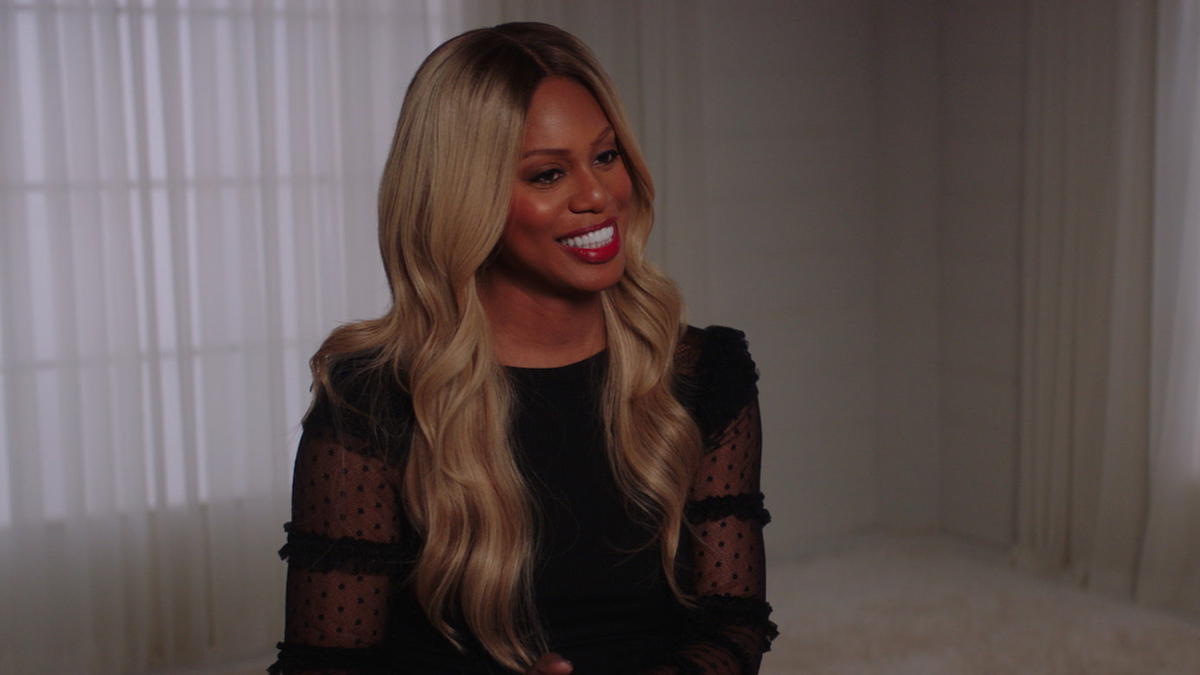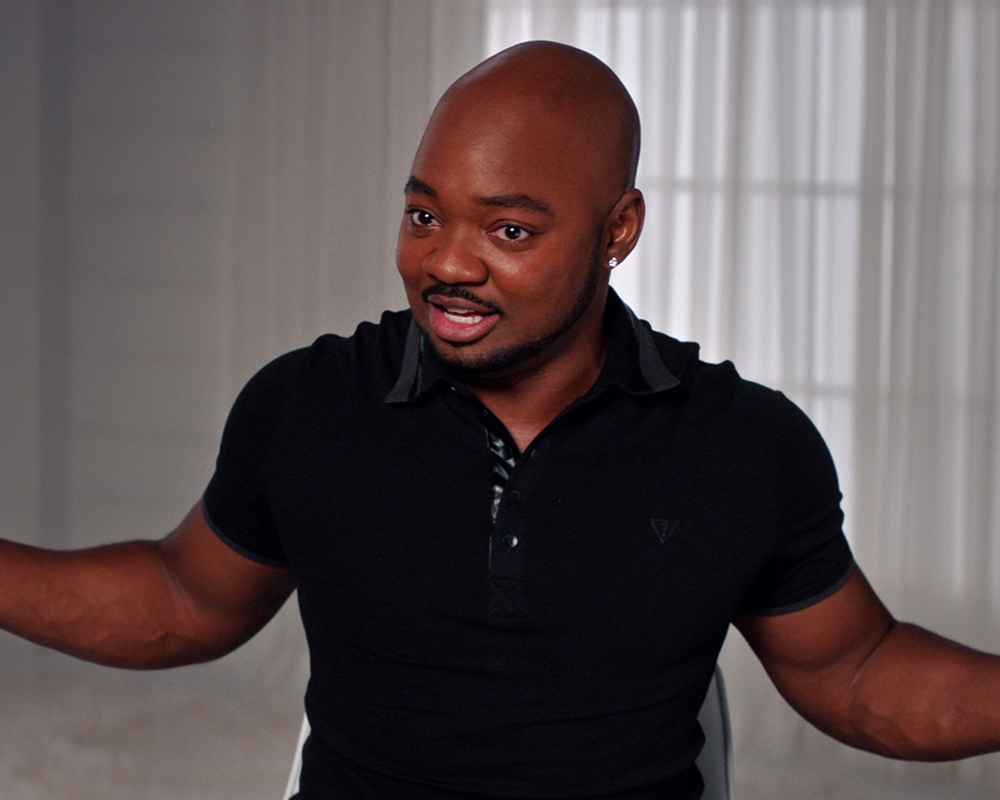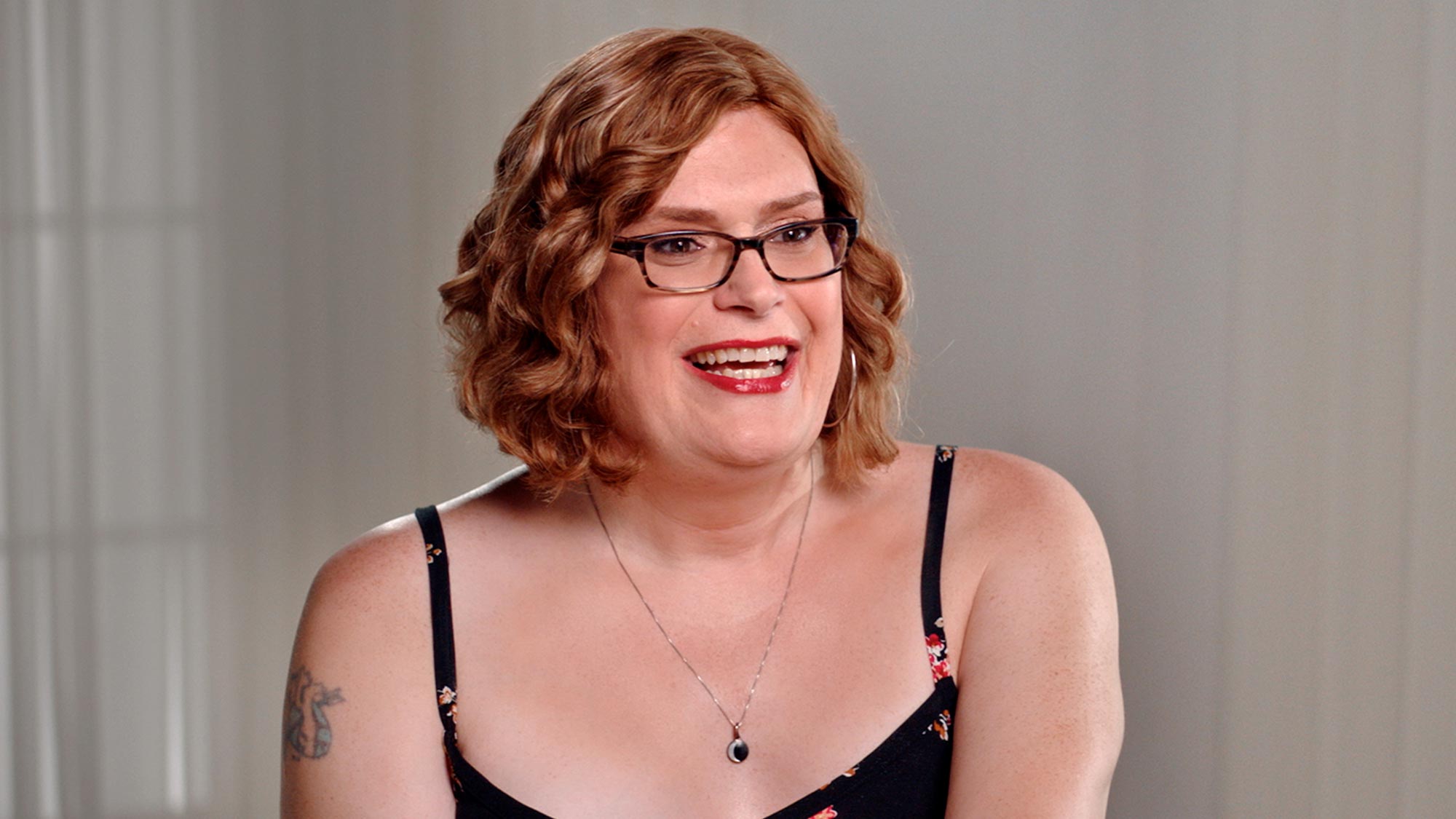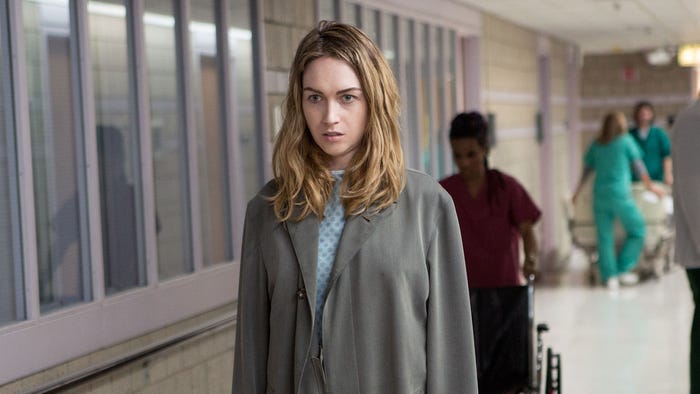It’s uncanny how Netflix keeps matching up its new releases with significant events on the socio-political landscape. Just within the last fortnight, the Supreme Court of the United States, in a decision that was unexpected from a body that leans conservative, ruled that transgender citizens could not lose their jobs just for their gender identification. Now, a new film explores what we can do about granting a different sort of legitimacy to trans people – not in the workplace, but in popular culture, where they have long been portrayed as the butts of cruel jokes at best, and serial killers at worst.
Disclosure, the new documentary by director Sam Feder and producer Amy Scholder, reminds us all too painfully of the shameful history of transgender portrayals on film. This had its origins with the very origins of the medium, and was in full force as recently as the 1990s. Actually, the 1990s were just when filmmakers were downright shameless about their depictions of trans men and trans women as abominations of nature, worthy of scorn or laughter. We’d be hard pressed to say we are even past this tendency today, despite recent strides and the success of shows like Pose.
Not only is Disclosure an exhaustively researched compendium of memorable turning points in film, narrative TV and television talk shows, it is also an extremely moving document of the young boys and girls, who wanted to be young girls and boys, who witnessed them. They’ve grown into trans adults who are associated with entertainment industry in one way or another, and Feder has sat down with them to learn about their experiences watching movies like The Crying Game and Ace Ventura: Pet Detective – both of which feature heterosexual sisgender males vomiting upon learning they’ve been romantically intimate with a trans woman.
It’s as powerful as it sounds. Even if these interviewees remain composed during their recollections of these formative experiences, you know it’s only because they’ve had to construct an impenetrable shield against pain and suffering just to live their daily lives. Your own composure as a viewer is not guaranteed.
It’s not that the trans actors, writers, directors, producers and critics interviewed here expect trans depictions to be any one way. In fact, a number of them praise the quality of Silence of the Lambs, even though it contains one of cinematic history’s most problematic trans characters in Buffalo Bill, who kills and skins women in order to appropriate their bodies. “We just need more,” says writer/actress Jen Richards. “And that way, the occasional clumsy representation wouldn’t matter as much because it wouldn’t be all that there is.”
The interviewees in Disclosure are, in many cases, familiar faces, which is a testament to trans actors’ ability to get work at a steadier clip in recent years. As trans women have broken through in acting to a far greater extent than trans men, it’s actors such as Candis Cayne, Rain Valdez, Laverne Cox and Sandra Caldwell who share their thoughts and experiences most regularly throughout the film. Part of the historical scarcity of work for trans actors has to do with the fact that trans men still have not found the representation in narrative works that trans women have found, plus the fact that until recently, sisgender actors were almost always hired to play transgender characters – and winning awards for those portrayals. Ever gracious, one interviewee discusses how great Eddie Redmayne was in The Danish Girl, but that the accolades for his performance centre around his ability to perform the traits of a transgender person. For a transgender actor, the reactions and emotions would be the only thing anyone needed to judge, and might therefore represent a more pure standard.
At its best – and Disclosure is pretty much always at its best – the film has the thoroughness of one of those supercut videos on YouTube, where you get, you know, all known movie clips of a person skydiving out of a plane. Of course the subject matter of Disclosure is far less frivolous, but it has the same sense of completeness. The filmmakers seem to have scoured every bit of extant footage, dating back to the first decade of the 20th century, to give us this chillingly clear picture of the casual malevolence directed at characters who decline to accept the sex they were assigned at birth. In fact, they have such a wealth of material that a recent prominent film with transgender themes, Sean Baker’s Tangerine, warrants no greater mention than appearing briefly in a montage. One wonders if that is due to a sense of ambiguity about how that film manages its obligation to trans people; while its portrayals are warm and positive, they are also stereotypical for trans characters on film, as the sad reality is that many trans people are forced into sex work because other types of employers have been unwilling to employ them.
Disclosure does include an interview with one of the Wachowski sisters, Lilly, who transitioned after her sister Lana. As she is one of the most successful trans people working in Hollywood, it’s heartening to see her here, except the sad reality is that opportunities have started drying up for her and her sister, a process that started when Lana transitioned and likely hastened once Lilly followed suit. Although the film reserves a triumphant spot in the narrative for actress Jamie Clayton, who played a trans woman not defined by her gender idenfication on the Wachowskis’ Netflix show Sense 8, you can’t watch this segment without knowing the rarity of that role, especially if the Wachowskis are not extended the opportunity to create another one.
Still, Disclosure finds hope where it can. In discussing ways to normalise the depiction of trans people in films, and how that might impact future young trans people watching those films, director Yance Ford says “Children cannot be what they cannot see. I cannot be in the world until I see that I am in the world.” A film like Disclosure is one of our best and most vital resources to start making that happen.



